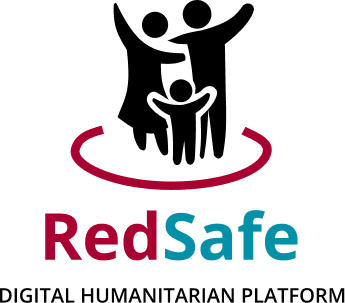Voluntary Return can only be facilitated to areas which are considered safe.
You can find more information below and in our Voluntary Return (Repatriation) Brochure.
All of UNHCR services are free of charge. You can read more about this here and here.

